Dairy
The dairy industry in Queensland
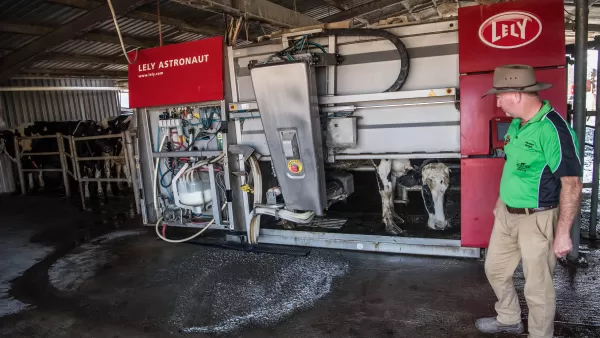
Dairy is an energy-intensive sector as dairies use electricity for extracting and cooling milk, lighting, heating water for sterilisation and irrigation. Some automated dairies may use additional energy to run these systems. The Queensland dairy industry has been proactive in assisting its producers to improve energy efficiency in the dairy shed and with their irrigation system. Since 2011, 165 dairy shed audits were conducted on dairy farms in Queensland identifying opportunities around increasing energy efficiency and identifying other savings through appropriate tariff selection.
eastAUSmilk is the peak body for dairy farmers in Queensland.
Top energy efficiencies for the dairy industry.
Pumping and Irrigation - Savings from Variable Speed Drive (VSD) installation, pump replacements and maintenance.
Changes to irrigation design and automation.
Heating Ventilation and Cooling (HVAC) - Cooling upgrades, condenser motors with VSD, ventilation fans and heating upgrades.
Lighting and general - Replacement and retrofitting of lights with LEDs, infrastructure and general changes.
Solar and batteries - Grid connect and standalone.
Gas - Solar hot water, insulation and general heating.
Solar systems - Ranging in size from 5-100kW systems.
Explore dairy case studies
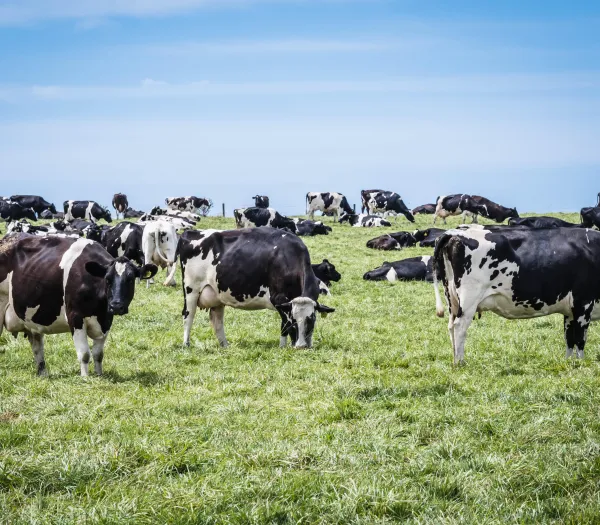
Southern Downs
Southern Downs Dairy
The site used 500,000kWh of electricity in the year prior to the audit at a cost of $170,000. The site uses 93 kWh/kL of milk which was above national average industry benchmark of 48kWh/kL.
Energy Savings 51% Cost Savings $107,000
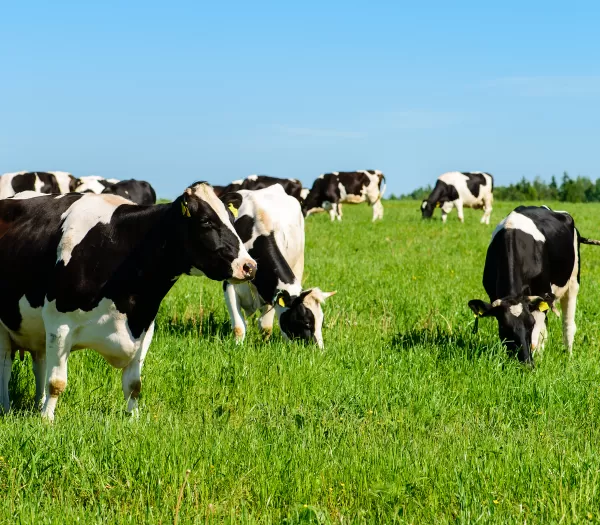
Atherton Tablelands
Atherton Tablelands Dairy Farm
Energy Savings 34% Cost Savings 12,763
Explore dairy related resources
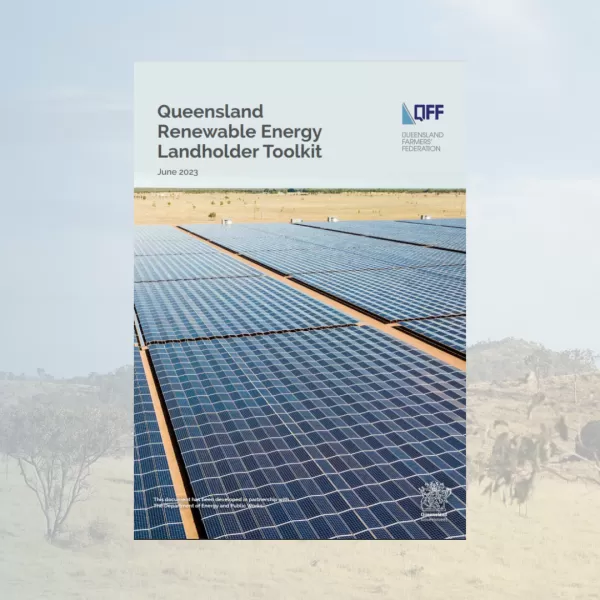
Featured
Queensland Renewable Energy Landholder Toolkit
The Queensland Renewable Energy Landholder Toolkit to assist and inform landholders as they respond to and negotiate with energy industry representatives about accessing land and developing renewable energy projects.

Featured
Electricity Price Changes in Regional Queensland 2024-25 Fact Sheet
By July each year, the Queensland Competition Authority (QCA) sets the electricity prices that are passed onto residential and business addresses in regional Queensland. It is important for farmers to be aware of their energy usage and the tariff.
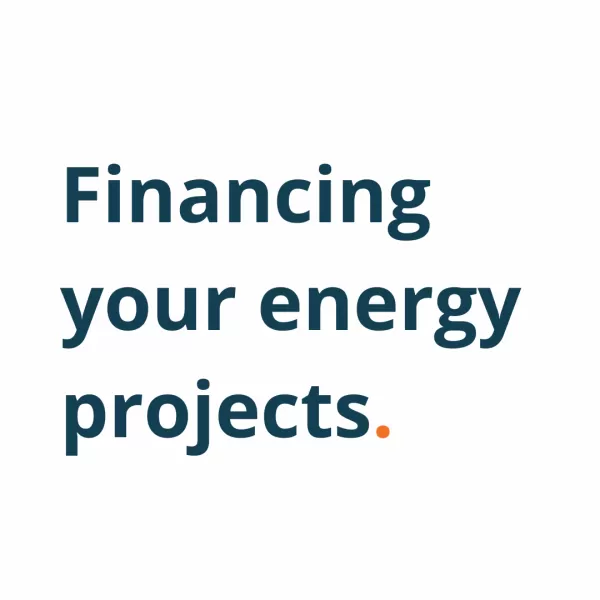
Financing your energy projects
Once you’ve identified energy savings or renewable energy opportunities for your farm, the next challenge is to find the funds or finance to make it happen.
There are a number of options to either reduce up-front costs or reduce the borrowing costs for the project. These can include new efficient pumps, motors, compressors, vehicles, lights, renewable energy systems and many other products.